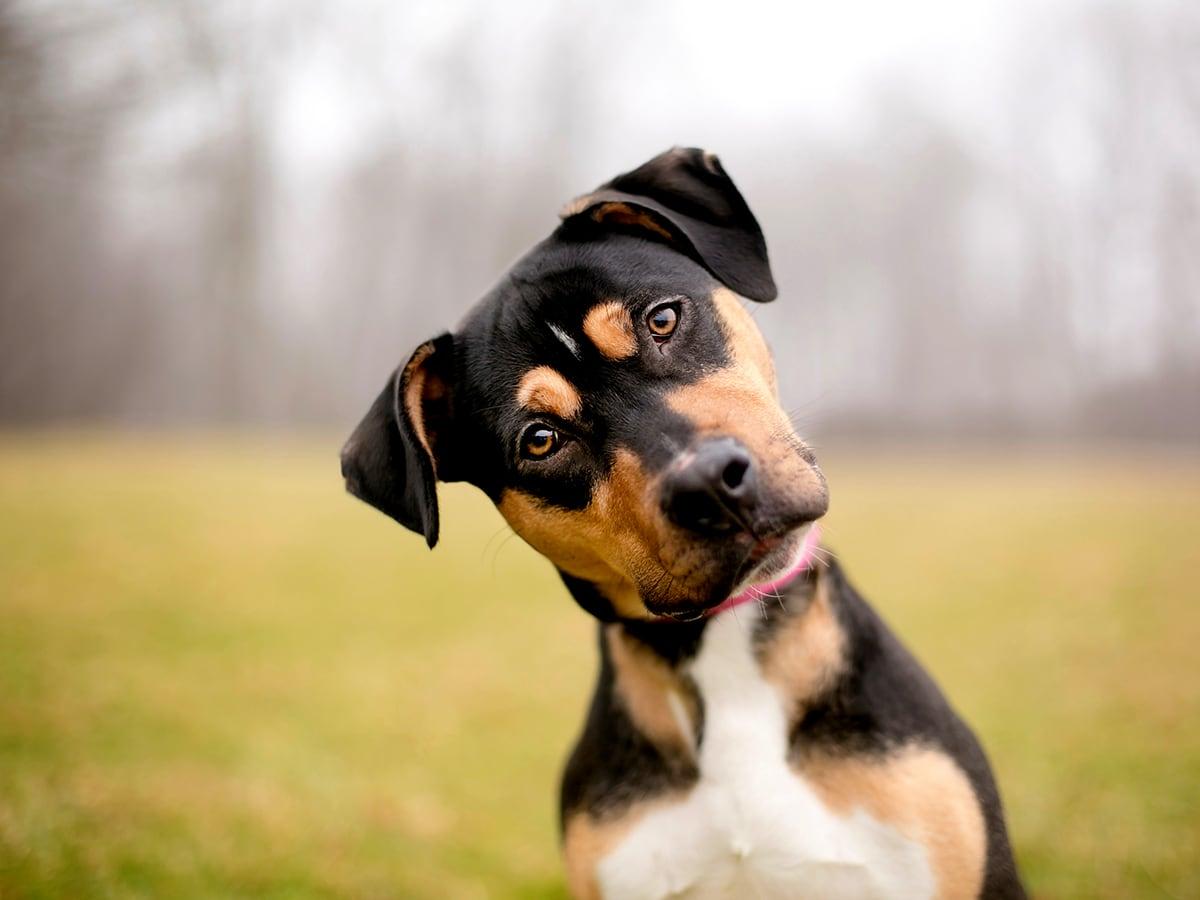Ever stared into your dog’s eyes and wondered, “What’s going on in that head?” Dogs may not think exactly like humans do, but their brains are always active—processing sights, smells, sounds, and emotions. In this article, we’ll explore what dogs think about day-to-day and how their thoughts shape their behavior and connection to the world around them.
Do Dogs Think?
Yes, dogs do think—just differently than humans. Their thought process is based more on instinct, repetition, and sensory input rather than abstract reasoning. While they likely don’t ponder the meaning of life, they do anticipate routines, respond to emotional cues, and make decisions based on past experiences.
What Do Dogs Think About?
Here are the main categories of thoughts likely filling your dog’s mind:
Food and Eating
Food is a major motivator. Dogs often think about their next meal, treats, or how to convince you to share yours. They also remember where food comes from and may associate certain times of day, people, or places with feeding.
Socializing: Friends and Family
Dogs form strong bonds and think about the humans and animals they’re close to. They anticipate routines like walks, greetings, or playtime and recognize the people they trust. Many dogs even show signs of missing their pet parents when they’re away.
Playtime and Stimulation
Play is both fun and mentally stimulating. Dogs often think about their favorite toys, games, or the joy of running outside. For energetic breeds, playtime is a big mental priority.
Safety and Avoiding Dangers
Dogs are wired to avoid threats. Whether it’s a loud vacuum or an unfamiliar animal, their minds constantly assess what’s safe and what’s not. They also learn from past experiences, remembering situations that caused fear or discomfort.
Senses and Observations
Dogs rely heavily on their senses—especially smell and hearing. A big part of their thinking is processing sensory data: tracking scents on a walk, responding to a high-pitched noise, or noticing small changes in your behavior or the environment.
FAQ: What Do Dogs Think About?
What do dogs think about when they are alone? When alone, dogs may think about their pet parent’s absence, anticipate their return, nap, or focus on environmental stimuli like outside sounds or smells.
What do dogs think we are? Dogs don’t see humans as dogs, but they do recognize us as important social companions—leaders, caregivers, and sources of comfort and safety.
Do dogs have their own thoughts? Yes, dogs have thoughts that are driven by needs, emotions, and sensory experiences. They can anticipate routines and remember past events.
Do dogs experience emotions similar to human feelings? While not identical, dogs do experience basic emotions like joy, fear, affection, and anxiety. They may not feel complex emotions like guilt, but they react to emotional situations in meaningful ways.
What are dogs' thoughts on social interactions with humans? Dogs generally crave connection and think positively about social interaction with humans. They enjoy affection, shared routines, and communication through body language and tone.
Can dogs form mental images or concepts in their minds? Research suggests dogs can form mental representations. For example, they may remember what a specific toy looks like or associate a sound (like keys) with a specific event (like going outside).
Key Takeaway
Dogs may not overthink things the way humans do, but their minds are full of thoughts about food, companionship, play, and safety. By understanding what motivates them and how they interpret the world, pet parents can build a stronger bond and provide more enriching experiences every day. Your dog might not talk, but they’re always thinking—especially about you.
More About Spot Pet Insurance
Spot accident and illness plans can be used with any licensed vet in Canada or the U.S. Whether you are home or traveling to the U.S., Spot can reimburse the cost of vet bills for the diagnosis, treatment, or management of covered conditions. Spot’s accident and illness plans can help cover a variety of conditions, including broken bones, lacerations, aggression, kidney disease, diabetes, and more. Pet parents can also get cash back on the cost of routine care, including wellness exams, certain vaccinations, dental cleanings, and more, by adding a wellness rider to their plan for an additional cost.
To learn more about Spot Plans or to get a free quote, click here.

Jesus Vasquez is a front‑end engineer at Spot Pet Insurance who powers the blog with his technical skill. Devoted pet lover he co‑parents a clever Jack Russell Terrier escape artist and an affectionate but jealous Irish Terrier mix—both rescued pals.











